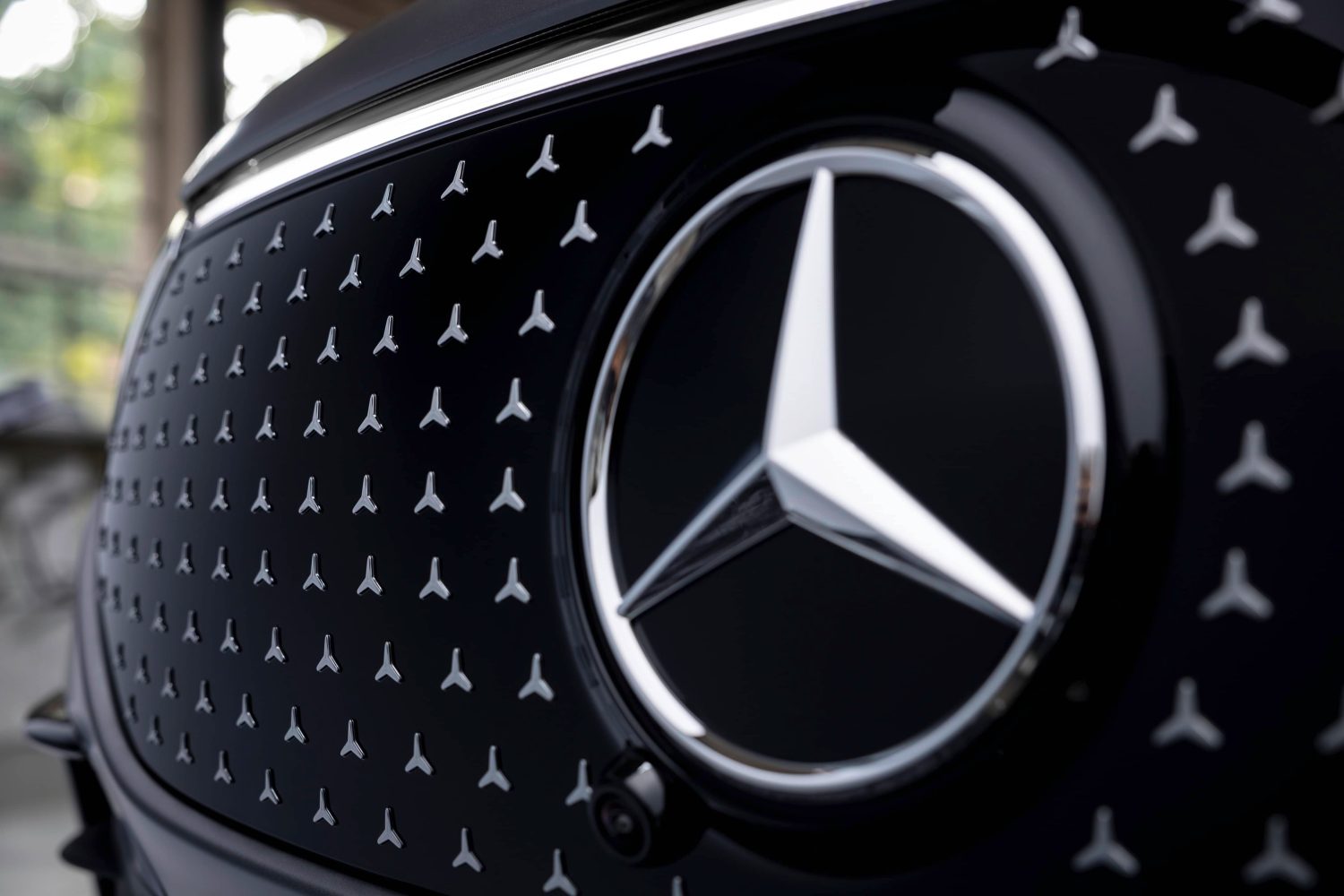
Mercedes and Stellantis have stopped work on their joint European EV battery factory projects, and are reassessing which direction to move forward with the possibility of shifting to cheaper lithium iron phosphate cells.
Mercedes and Stellantis first partnered to form a battery cell joint venture in 2021, calling the venture the Automotive Cells Company (ACC).
Earlier this year, ACC raised $4.7 billion to build four factories, planning to raise around 7.6 billion total Euros to build the factories.
The joint venture has already opened one factory in Douvrin, France.
But today Bloomberg reports that work has stopped on ACC’s upcoming factory in Germany, and prep work has paused on a factory site in Italy.
While this work has stopped, ACC hasn’t made a final decision what to do with these sites yet. The company says that it plans to stay flexible with its speed of investment, reacting to market trends, and will decide around the end of the year what to do with these sites.
Bloomberg reports that the head of ACC, Yann Vincent, said that demand for EVs has slowed in Europe – despite that EV sales rose 14.8% year over year in April, faster than non-electrified car sales rose, though slower than conventional (non-plug-in) hybrids. He says that growth is mostly expected in mass-market segments, something which many Western EV makers have heretofore failed to target, though Chinese automakers are starting to, especially in Europe.
Previously, Mercedes had committed to go all-electric by the end of the decade, but in February said that it would continue building poisonous, climate-change-causing gas vehicles “well into the 2030s”, despite the necessity that the world stop building those vehicles as soon as possible.
Electrek’s Take
I’m of two minds on this one. First, the decision to pause building EV battery factories makes no sense. We need more EVs, and we need them faster than we’re getting them. The transition to sustainable transport needs to be accelerated, not decelerated, and we don’t get to acceleration by pausing and waiting.
And reacting to market trends doesn’t make a lot of sense – factories take a while to build (ACC says the first cells wouldn’t come out of its Germany site until mid-late 2027), so if you wait to build one until after the trend has already started, you’ve already missed the trend. This is how Tesla gained the dominant position in EVs that it has today, because automakers refused to see the trend towards EVs for many years before finally pulling up their pants (which they’re still waffling over).
But, this pause could end up having a positive outcome anyway, as ACC is reportedly thinking about switching to cheaper LFP cells.
LFP cells have a number of benefits – lower cost, higher durability, and simpler mineral sourcing – but have lower energy density than NMC cells. As a result, most cars have focused on NMC (to feed a public that thinks they need more range than they do), but we’re starting to see more entry-level models equipped with LFP cells to help bring costs down.
These LFP cells have been used to particularly positive effect in low-cost Chinese autos, which has helped them to undercut Western automakers on price. If ACC sees growth coming from the mass market side, then LFP cells would be a reasonable choice. The battery is the most costly part of an EV, and cutting costs there can help a lot.
Further, with the EU threatening tariffs (and the US already implementing them), onshoring LFP production would be necessary if ACC wants to target mass market cells. As much as these tariffs are a dumb idea, one problem is that they might lull domestic automakers into a false sense of security. If the automakers actually do use the opportunity to build a new industrial base, then at least that negative is removed and the tariffs will have had their “intended” effect.
So ACC should continue forward with their plans, rather than pausing based on false reports of dropping sales. But a switch to LFP does seem prudent, especially when most LFPs are currently made in China, and when cost is one of the main challenges with EV production in this day and age.
FTC: We use income earning auto affiliate links. More.
